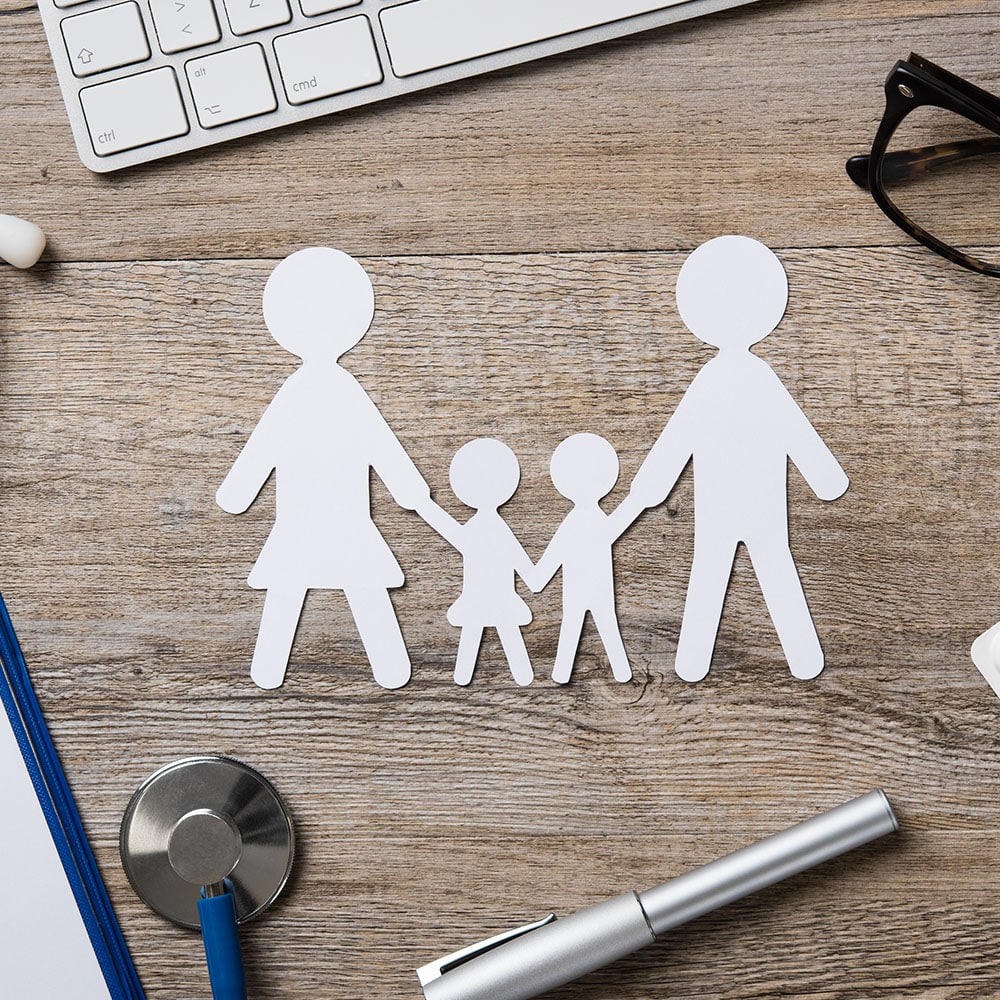Along with having to stay home from school and social in-person interactions with their peers some of the biggest stressors for children are reported as being going back to in-person classes (44%), 38% struggled with adjusting to remote learning, 30%are struggling to make new friends, 28% have had trouble grieving the loss of loved ones, and 28% are having trouble adjusting to moving.
Half of the participants believe that having to stay home from school/parks made their children become deprived of important social in-person interactions with their peers as well as missing out on important life milestones like graduation ceremonies and birthday parties which has had a negative impact on their children’s physical and mental health.
This hasn’t just impacted children, as parents have also faced mental challenges, 45% report the leading challenges to revolve around work, 41% faced challenges revolving around training/school, 36% report difficulty with making friends, 35% had difficulty with remote learning, 31% are grieving the loss of a loved one, and 77% report that they become stressed at seeing their children being stressed especially if there is nothing they can do to help.
All this extra stress by imposed lockdowns, shutdowns, and restrictions has taken a serious toll and as a result, 63% report seeking therapy for themselves, their children, or the entire family. When searching for a therapist parents are looking for certified professionals who can address mental health symptoms with 33% looking for both virtual and in-person sessions and 32% looking to improve the relationship of the entire family.
Research suggests that it can take up to 5 therapy sessions for the average child to feel comfortable with a therapist. Of the 42% seeking to address their child’s mental health, 47% of parents cite their child’s lack of socialization, 45% report their children as showing signs of depression or anxiety, and 40% say that their children are losing interest in their favorite activities as being the top reasons for seeking child therapy.
84% of parents who have sought help from a certified therapist say that their family now openly talks about their therapy sessions, 37% think that therapy is helping them to feel closer to their family, and 44% feel that they have a good support network within their family and circle of friends to help them support their children’s mental health.
Half of the respondents think that therapy has helped to give them a better understanding of methods to navigate through future difficulties, with parents and children sharing the same tools for coping with stress and anxiety such as 49% of parents and 32% of children use meditation as a go-to coping solution, 45% of parents and 47% of children do relaxing activities, and 40% of parents and 41% of children report that exercise helps them to relieve stress and anxiety.
“When a child is experiencing a physical health condition, most caregivers don’t think twice about reaching out to their pediatrician. Yet, emotional issues in children can be trickier to spot and, understandably, some parents may not know how or when to involve a mental health professional,” says Dr. Anisha Patel-Dunn, Chief Medical Officer of LifeStance, in a statement. “Mental health should be treated no differently than physical health—they’re incredibly intertwined, and both play a critical role in children’s wellbeing and development.”
49% of parents think that they are now more effective at helping their children cope with their stress and anxiety by encouraging them to be open and honest, 46% encourage their children to talk about what is bothering them, 46% do more fun activities with their children, and 9 in 10 parents who help their child cope using these tactics have found them to be successful.
69% of parents feel that they are now more attuned to their children’s mental health, 71% think that they are now more knowledgeable about the state of their children’s mental health, half of the parents talk to their children weekly about their mental health, and 72% now believe that their children feel comfortable coming to them with any issue.
“The United States is in the midst of a mental health epidemic, and our children are facing many unprecedented challenges,” Dr. Patel-Dunn says. “While seeking out a therapist may feel intimidating, it’s the best thing you can do when you or your child are struggling – early prevention to address problems before they become larger issues is critical.”




